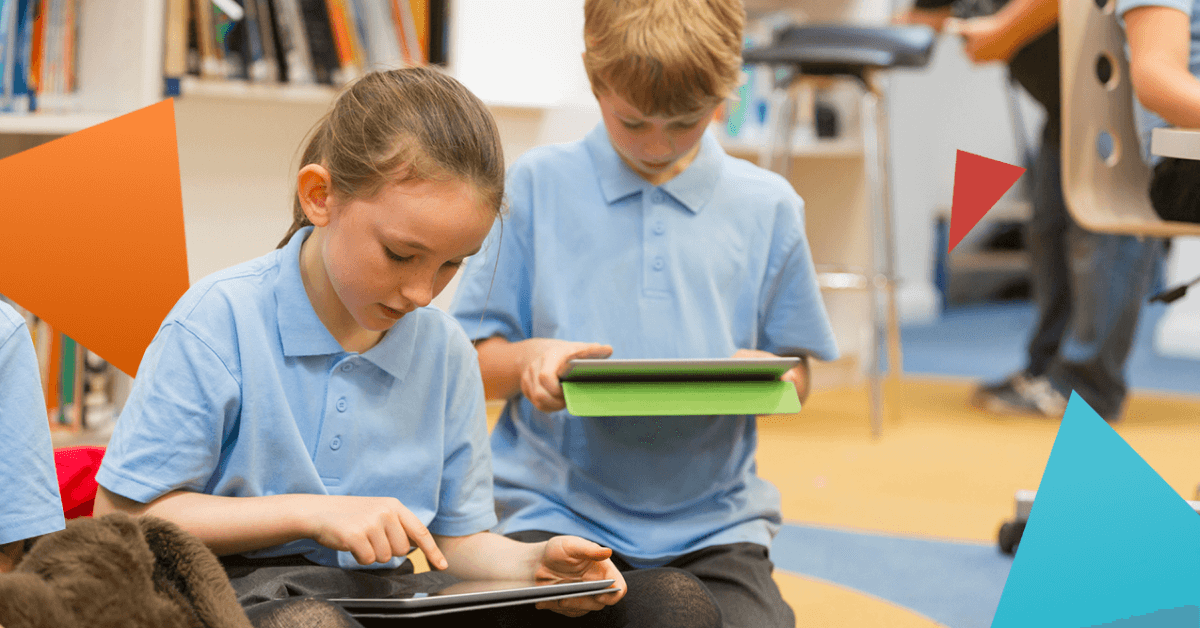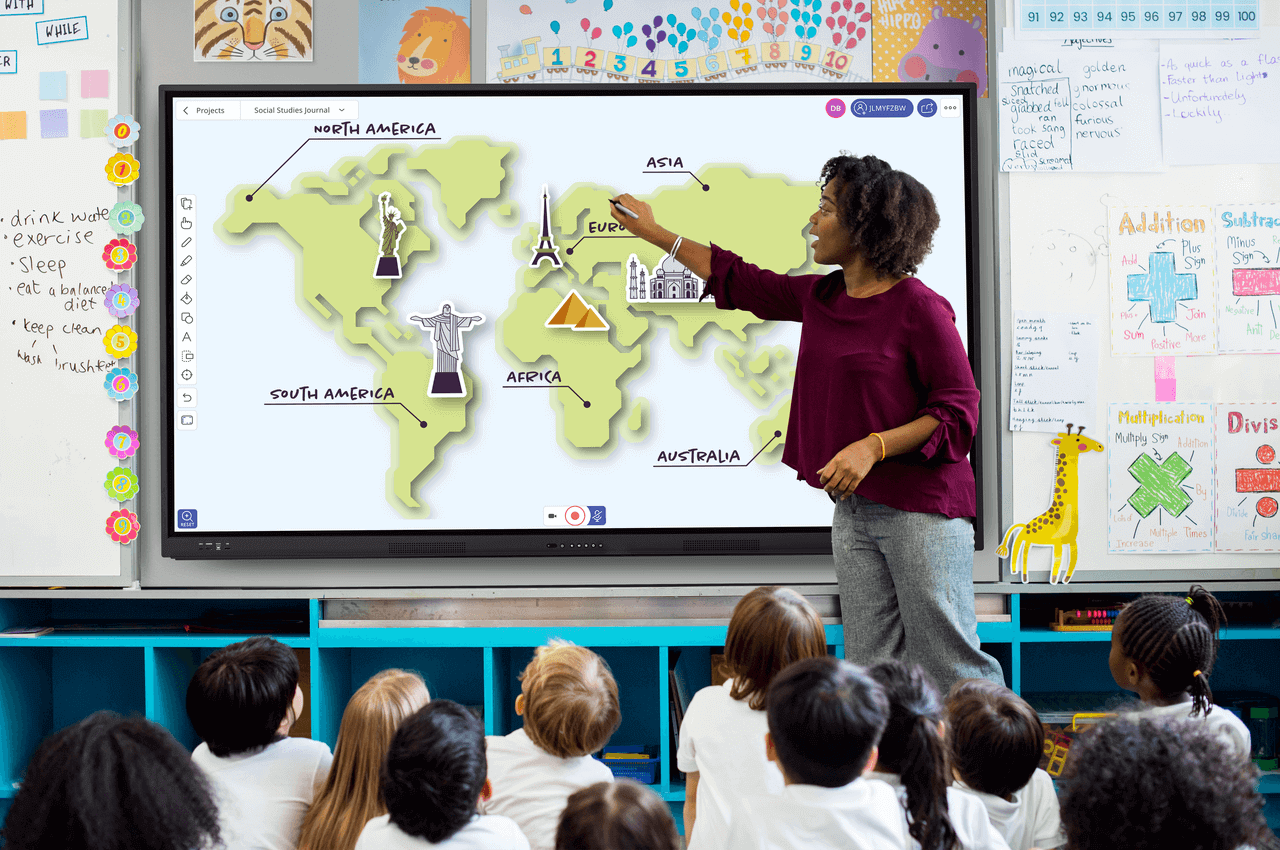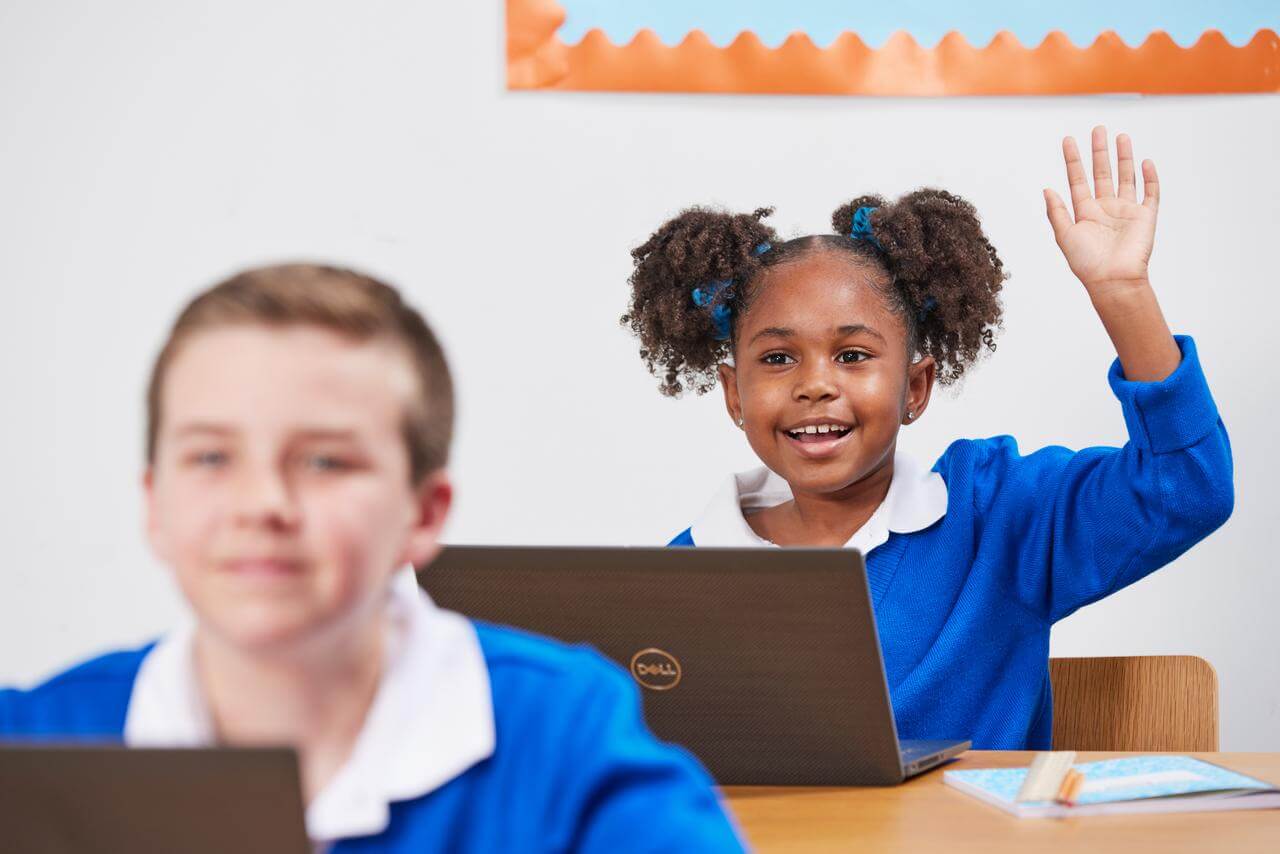Published on October 26th, 2022
Theory vs. practice: which is more important in education?
4 minute read

Traditionally, two schools of thought exist in the education community. On one side, educators believe equipping students with a deep theoretical knowledge of varied topics and concepts within each subject is the best way to teach a curriculum.
On the other, educators argue that practising skills and physically applying concepts to the real world is a more effective way for students to learn.
It’s part of wider debates, including whether it’s more important to develop “hard” or “soft” skills, as educators pin down what a modern education should be. We explore what’s useful about theory and practice, and whether an experiential learning approach could serve both.
Is theory more important than practice in education?
Prioritising theory has been the traditional approach to education. This is trusted to strengthen students’ understanding by using a solid framework of content. With the learning process based on reading and writing, educators are better able to monitor students’ accuracy and precision in recalling the facts and details as required in their final assessments.
Students’ communication, literacy and comprehension skills also benefit. Improving their ability to form and express an argument or opinion develops their logic, reasoning and analytical skills in the process. All of these are widely transferable, so students not only gain competencies across subjects, but also become more employable when they graduate.
For the teacher, grounding lessons in theory and content allows them to clearly align their instruction to the subject curriculum, instead of encouraging more loosely structured student experimentation that’s less guaranteed to arrive at specific learning outcomes.
Is practice more important than theory in education?
Many educators believe a conceptual, theoretical understanding is a useful starting point, but doesn’t compare to students learning by seeing how something works in front of them. This is the basis of experiential learning. This practical, hands-on learning approach gives students an appreciation of how different components fit together or influence an end result. By providing a real-world perspective, learning is less abstract, helping students see the immediate value of their education as a whole, as well as visualise how specific subject content applies.
First-hand experiences also improve students’ memory and retention of their learning. Practical activities are more stimulating, enriching, and engage more parts of the brain. This is why many educators rely on a front-of-class display, such as the ActivPanel, to guide hands-on activities through an immersive tool. These edtech tools allow students to be more active through physical learning and experimentation, which benefits student engagement and supports transferable skills such as problem-solving.
Ultimately, most educators recognise that the best teaching strategy combines theory and practice, so students gain a well-rounded grasp of their learning that doesn’t become repetitive.
Find out the trends set to shape the next 25 years of teaching and learning by reading our Future of Education Predictions Report.




